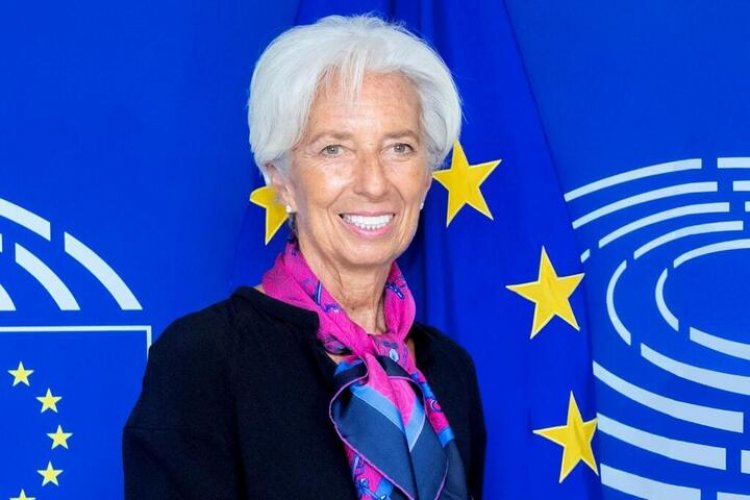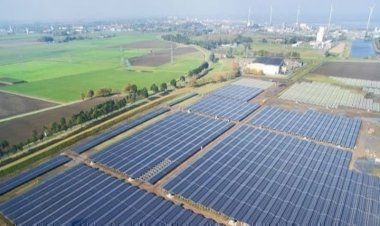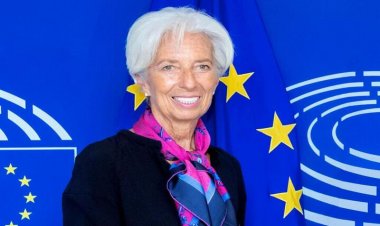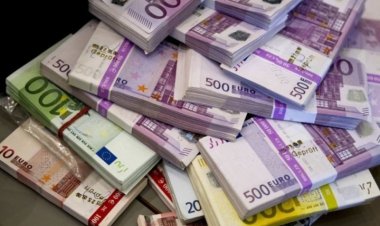European Central Bank holds rates

The European Central Bank on Thursday held interest rates steady for the second meeting in a row, as it revised its growth forecasts lower and announced plans to speed up the shrinking of its balance sheet.
The bank was widely expected to leave policy unchanged in light of the sharp fall in euro zone inflation, as investors instead chase signals on when the first rate cut may come and assess the ECB’s plans to shrink its balance sheet.
“The Governing Council’s future decisions will ensure that its policy rates will be set at sufficiently restrictive levels for as long as necessary,” it said in a statement. However, the ECB switched language around inflation from describing it as “expected to remain too high for too long,” saying instead that it will “decline gradually over the course of next year.”
The latest staff macroeconomic projections see average real GDP expanding 0.6% in 2023, from a prior forecast of 0.7%. They estimate GDP will expand by 0.8% in 2024, from 1%, previously. The forecast for 2025 was unchanged, at 1.5%.
Headline inflation is meanwhile seen averaging 5.4% in 2023, 2.7% in 2024 and 2.1% in 2025. It had previously forecast readings of 5.6% this year, 3.2% in 2024 and 2.1% in 2025. The ECB now also released a new estimate for 2026, at 1.9%.
The ECB cautioned that domestic price pressures remain elevated, primarily because of growth in the cost of labor. Members see core inflation, excluding energy and food, averaging 5% this year and 2.7% in 2024, 2.3% in 2025, and 2.1% in 2026.
It said that tighter financing conditions were dampening demand and helping control inflation, adding that growth would be subdued in the short term before recovering due to the rise in real incomes and improved foreign demand.
The decision keeps the central bank’s key rate at a record high of 4%.
The ECB also announced that reinvestments under its pandemic emergency purchase programme (PEPP), a temporary asset purchase scheme, would complete at the end of 2024.
The transition will be gradual, with a reduction in the PEPP portfolio by 7.5 billion euros ($8.19 billion) per month on average over the second half of 2024, it said, after the Governing Council agreed to “advance the normalisation of the Eurosystem’s balance sheet.” It means all the tools the central bank uses to determine monetary policy are now in tightening mode, after it stopped reinvestments this summer under its Asset Purchase Program, a bond-buying stimulus package started in mid-2014 to tackle low inflation.

























